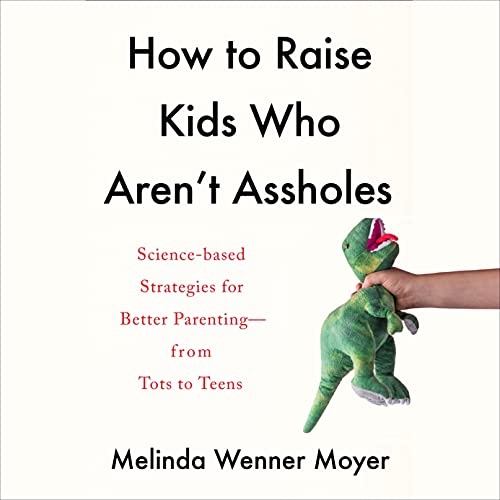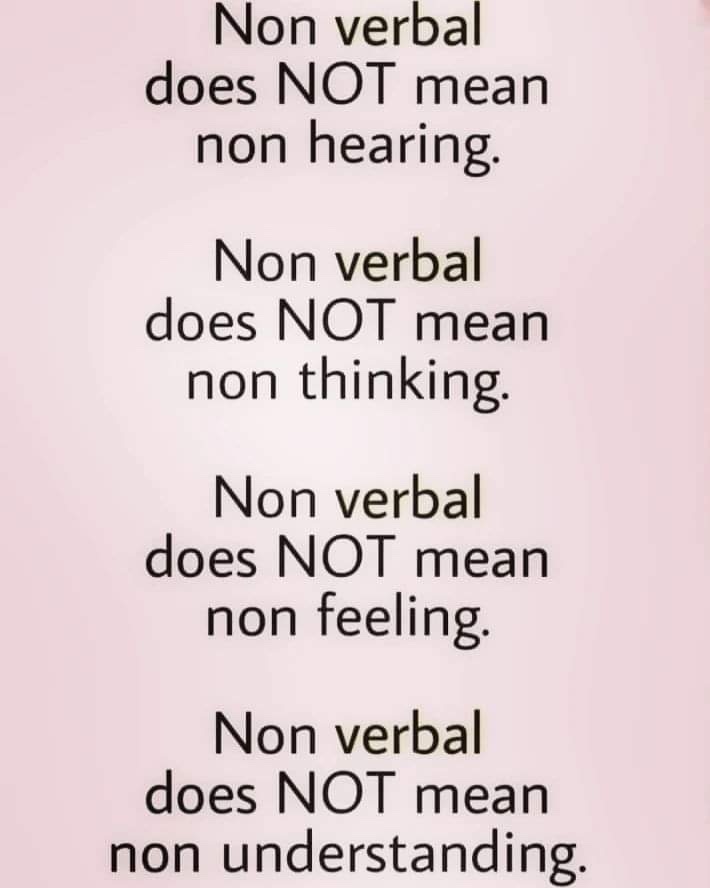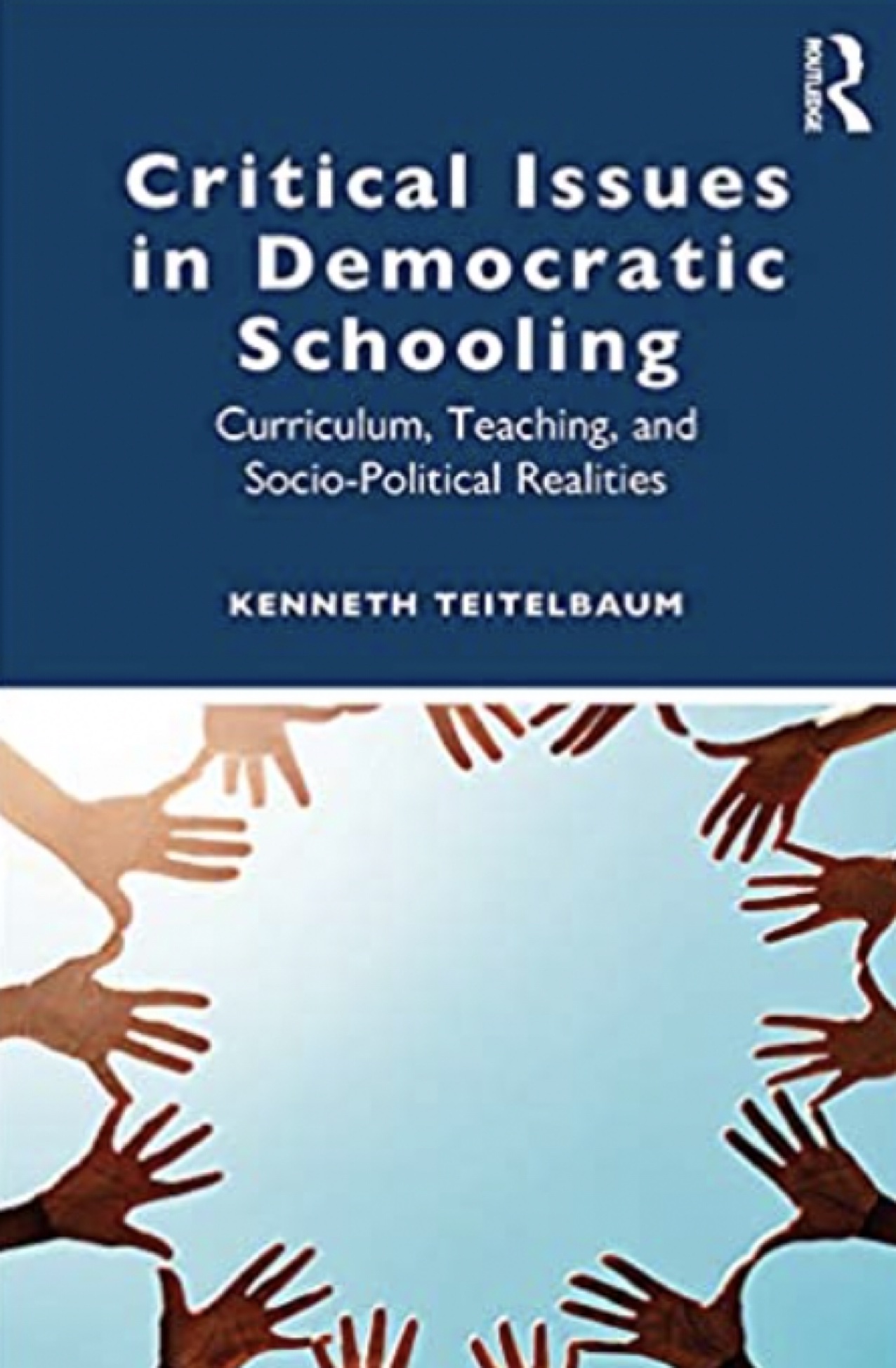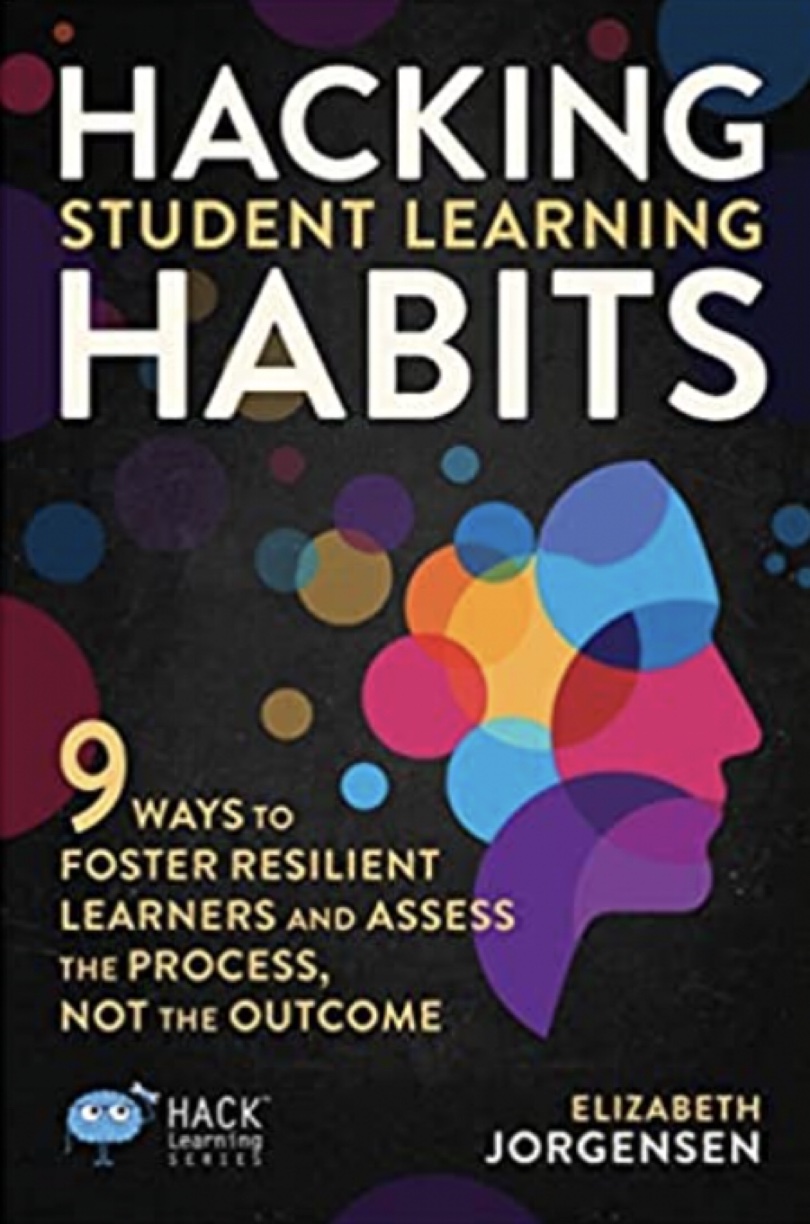
It’s clear to me that Elon Musk’s purchase of Twitter has caused many people to leave the platform. While a lot of what happens on Twitter is useless, frivolous, and even harmful, there is a lot of good information being shared by people with similar interests. I’ve been on Twitter since 2009, when I started my blog DrDougGreen.com. I quickly connected with other like-minded educators who were using it to share free resources or advertise education products and services.
It was obvious to me from the start that educators using Twitter were a very small slice of the Twitterverse. If you look at who has the most followers, for example, you will find that they are all politicians, celebrities, athletes, or big organizations like NASA and Youtube. They have millions of followers, and none are considered to be primarily educators.
The top tier on Twitter uses it to promote themselves, their opinions, their causes, and their products. Some also engage in criticizing others. This later behavior often generates stories in the print and online news media. This can result in a common belief that Twitter is a bit of a “cesspool” rather than a place where people can share beneficial ideas and information and engage in meaningful discourse.
I find this unfortunate as, for me, Twitter is a rich source of the kind of resources that I share on my blog. It is also a way that I can spread the word about the important educational ideas that Twitter helps me find. It’s the rare link that I post that isn’t associated with one or more Twitter accounts.

As of this writing, I have 6233 followers. While I not in the millions, I am in the top one percentile when it comes to Twitter followers. Unfortunately for me and many others, Since Musk took over, I have sadly lost about 100 followers with a handful leaving every day. Say what you will about him, but he certainly is a lightning rod for media attention and as a result, people are leaving every day. Leaving is facilitated by the fact that when it comes to users, Twitter currently ranks 17th.
Right now, the fate of Twitter is uncertain. Since I find it so valuable, I hope that when the dust settles, Twitter is healthy and still allows people with common interests to share ideas, information, and opinions. This can only happen for education if parents and educators stay the course. I am asking, therefore, that you stick with Twitter and use it for this purpose. In the long run, it will certainly benefit our children and ourselves. Thanks for your consideration. If you have already left Twitter, please reconsider. It’s easy to return. If you never were on Twitter, give it a try. Also, be sure to follow me @DrDougGreen if you don’t already. THANK YOU!















 @teachergoals
@teachergoals


